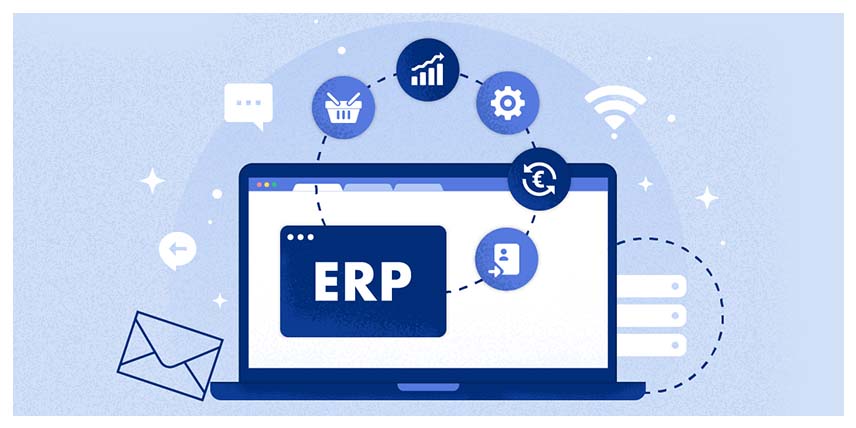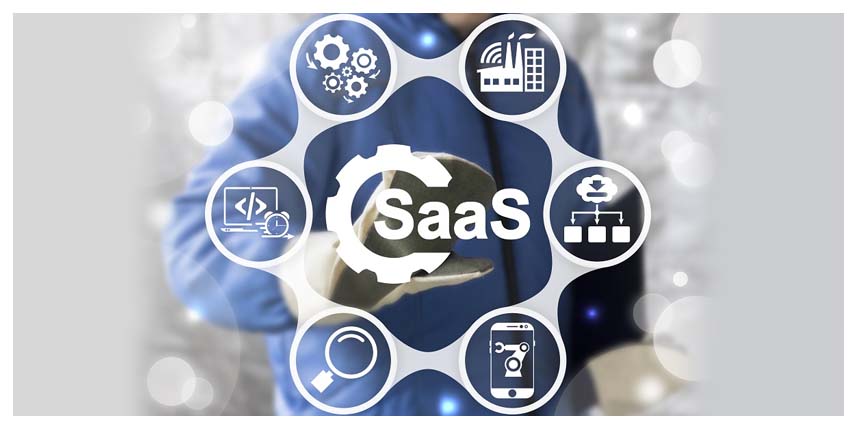
Software development is the process of designing, creating, testing, and maintaining software applications, frameworks, or other software components. It encompasses a wide range of activities, from understanding user requirements to deploying the final product and providing ongoing support. Software development can be categorized into various stages, each with its own set of tasks and objectives:
Requirement Analysis: The first step in software development involves gathering and analyzing requirements from stakeholders. This phase aims to understand the needs of end-users, business objectives, and technical constraints.
Design: Once requirements are understood, software architects and designers create a blueprint for the system. This includes defining the architecture, data models, user interfaces, and other technical specifications.
Implementation: During the implementation phase, developers write code according to the design specifications. They use programming languages, frameworks, and tools to build the software solution, following best practices and coding standards.
Testing: Testing is a crucial phase where developers verify that the software functions correctly and meets the specified requirements. This includes unit testing, integration testing, system testing, and acceptance testing to identify and fix any defects.
Deployment: Once the software has been thoroughly tested and validated, it is deployed to production environments. Deployment may involve installing the software on servers, configuring it for use, and ensuring compatibility with existing systems.
Maintenance: After deployment, the software requires ongoing maintenance and support to address bugs, add new features, and adapt to changing requirements. Maintenance activities may include troubleshooting issues, applying patches and updates, and optimizing performance.
Software development can follow various methodologies or approaches, including:
Additionally, software development can involve various specialized roles, such as:
Overall, software development is a complex and collaborative process that requires interdisciplinary skills, careful planning, and continuous communication to deliver high-quality software solutions that meet the needs of users and stakeholders.
It is a long established fact that a reader will be distracted by the readable content of a page when looking at its layout.
Software development is a structured process of conceiving, specifying, designing, programming, documenting, testing, and bug fixing involved in creating and maintaining applications, frameworks, or other software components. It typically follows a methodology like Agile, Waterfall, or DevOps, where requirements are gathered, analyzed, and translated into code through various stages such as planning, designing, coding, testing, deployment, and maintenance.
Software development relies on a diverse range of programming languages, each suited to different tasks and domains. Commonly used languages include Java, Python, JavaScript, C#, C++, Ruby, Swift, and PHP. These languages are chosen based on factors such as project requirements, performance considerations, community support, and developer familiarity.
Frontend development involves creating the user interface and experience of a software application. It focuses on what users interact with directly, including web pages, mobile apps, and graphical user interfaces. Backend development, on the other hand, deals with the server-side logic and database interactions that power the frontend. It includes tasks such as server configuration, database management, and API development.
Software testing is crucial for ensuring the quality, reliability, and functionality of a software product. Key principles of software testing include:Test Early, Test Often: Start testing as early as possible in the development process and continue throughout.
Software development methodologies dictate the approach, processes, and practices used throughout the development lifecycle. Common methodologies include Agile, Waterfall, Scrum, Kanban, and DevOps. The choice of methodology depends on factors such as project size, complexity, team dynamics, customer collaboration, and flexibility requirements. Agile methodologies, for example, prioritize iterative development and customer feedback, making them suitable for projects with evolving requirements, while Waterfall follows a linear, sequential approach better suited for well-defined, predictable projects.





Years Experience
Projects Done
Happy Clients
Expert Members
RNA Infotech India's clients consistently praise their exceptional service, creativity, and dedication to delivering outstanding web solutions.